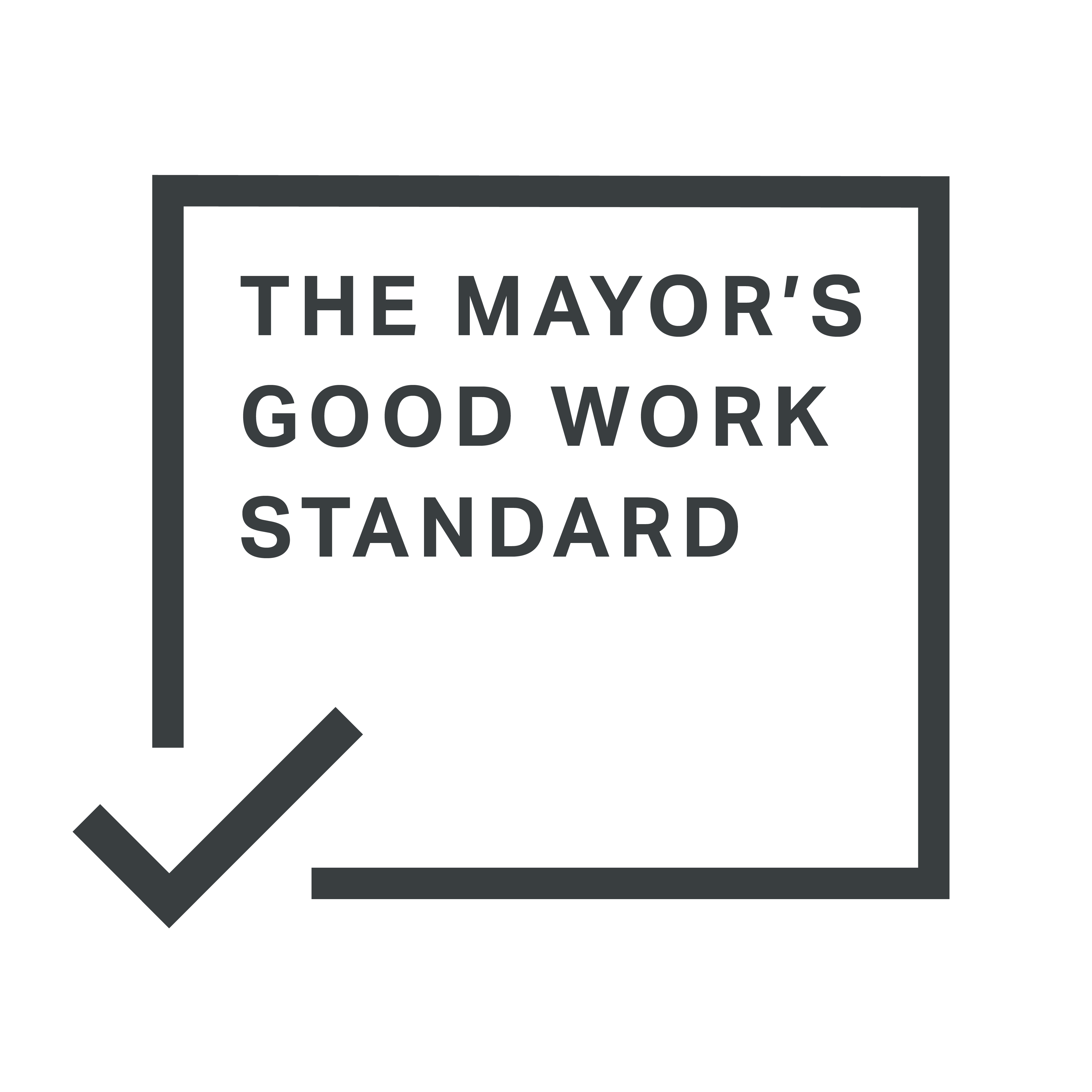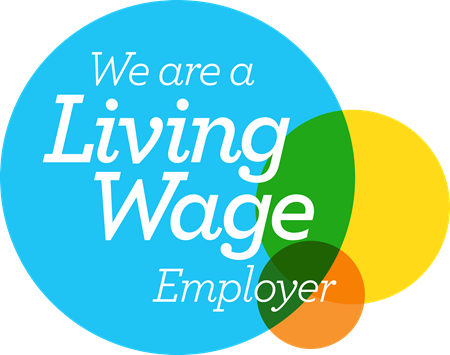06 July 2021
Last night’s announcement that almost all of the existing Covid-19 restrictions will be removed on 19 July has divided the nation, with many looking forward to ‘Freedom Day’ but large numbers worried that it is too soon to complete the final step out of lockdown in just two week’s time.
When it comes to public transport there are a wide range of views, as you would expect, from people who can’t wait to tear off their face masks, to those say that they will voluntarily carry on wearing theirs, even after they don’t have to.
Our research with Transport Focus has been really helpful in giving us a picture of how people feel when it comes to getting back to normal on public transport.
There is a growing sense of realism that social distancing will get harder on public transport in the future, and levels of nervousness are starting to decrease alongside the gradual lifting of restrictions. Women tend to be more nervous than men. And the most unperturbed tend to be younger. People don’t single out public transport to be any more risky than being inside a restaurant or cinema but some do note that in a restaurant they are likely to be with people they know from their bubble, whereas public transport collects people together and then disperses them.
There is definitely evidence that people are starting to take control of their own decisions and conducting their own personal risk assessments, and this was the case before the Government started talking about the need to move away from legal restrictions towards personal responsibility. The data clearly shows the split in how people are approaching this:
In June, over half of people told us that they wouldn’t use public transport unless social distancing was in place. 58% said they won’t use public transport unless other people are wearing face masks. And over 40% told us that they would still wear a face mask, even if it’s not a requirement to do so.
Several members of our digital community have been in touch to express their concerns about using public transport as the restrictions ease, with one telling us that she was ‘Horrified that masks and distancing will be dropped at a time when infection rates are increasing’ and another saying that ‘mask wearing on public transport is very important for those of us who are clinically vulnerable’.
So while some people’s nervousness is slowly decreasing, come 19 July, it’s likely that we’ll see a range of behaviours in play on public transport, as people make their own assessments. Many people will soon be commuting for the first time in over a year and are likely to be nervous about travelling. Their first experiences of public transport when they return will help shape their perceptions for the foreseeable future. It will be really important that passengers are respectful and considerate towards each other whatever their opinions. Train companies and TfL can help by providing the best possible, localised travel information about the busyness of their train or bus, so that people can make informed choices about when they feel most comfortable to travel. And support people who continue to wear face coverings.








